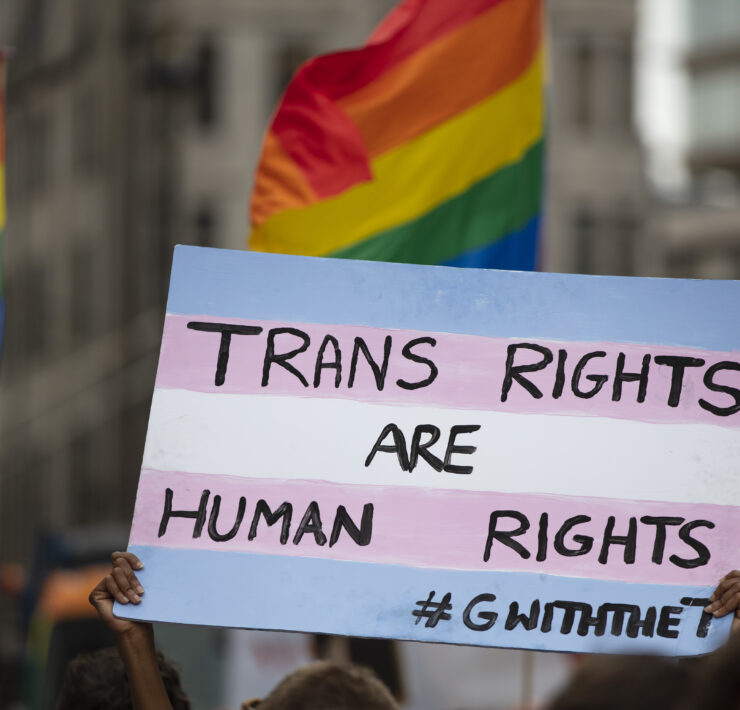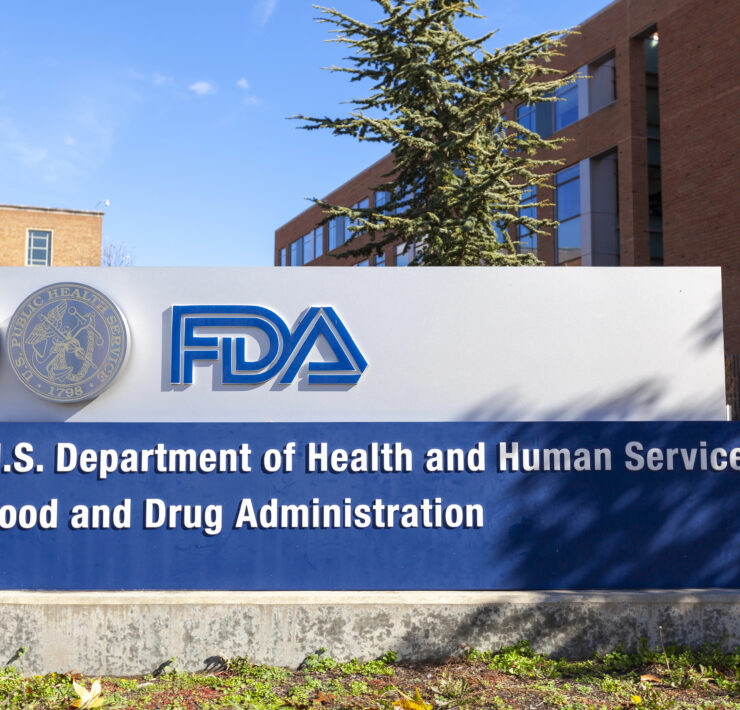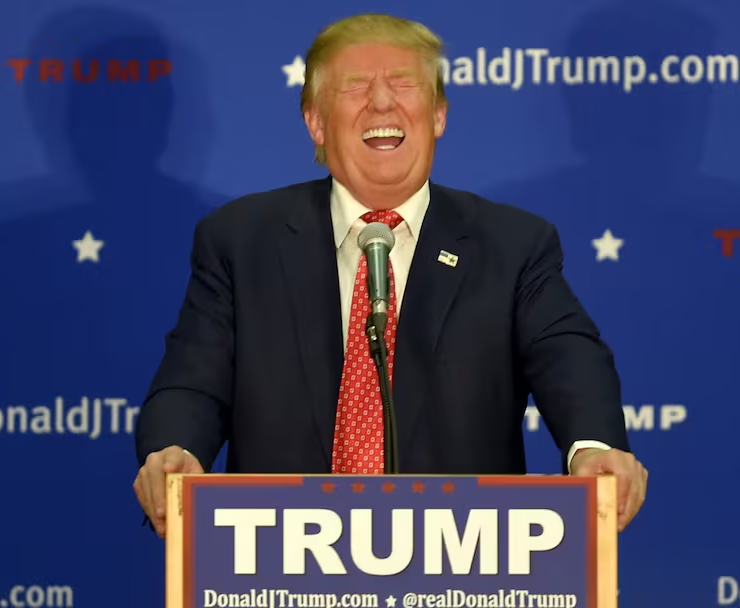Panel Voices: What moments or events have been the greatest turning-points since the LGBT movement began?

OFC's panel is composed of Colorado LGBT community leaders, weighing…
George Gramer, Jo Niblock, Phil Nash, Jen LaBarbera and Nita Henry weigh in on this week’s question:
George Gramer

I came out in 2003, and no, that is not even a small turning point. Yet Out Front’s question caused me to think of and research the history of GLBT issues of which I have had cognizance, even when I was not an out member of the GLBT community.
1967: The Advocate first published.
1972: Parents and Friends of Lesbian and Gay (PFLAG) organized.
1973: Founding of the National Gay and Lesbian Task Force.
April 1976: Initial publication of Out Front, the second oldest independent LGBT publication in the United States.
1977-81: Billy Crystal starred on the television show Soap as gay character Jodie Dallas.
1980: Founding of HRC, the largest LGBT group today.
1985: The Gay and Lesbian Alliance against Discrimination (GLAAD) founded.
1990: Founding of the Gay, Lesbian and Straight Education Network (GLSEN).
1993: Philadelphia with Tom Hanks wins best actor Academy Award.
1997: Ellen DeGeneres comes out in an interview with Oprah and later on her eponymous sit-com.
1998-2006: Will and Grace graced our television screens.
2003: The Ellen Show.
2005: Brokeback Mountain.
2009: Modern Family.
2012: President Obama states his support for same-sex marriage (while leaving it to the individual states to make their own decisions).
2012: Same-sex marriage wins for the first time at the ballot box, and the U.S. Supreme Court agrees to hear cases involving California Proposition 8 and the Defense of Marriage Act (DOMA).
Therefore, with 2013 looming, there should be countless more turning points ahead.
Iowa native George Gramer is the president of the Colorado Log Cabin Republicans. He has two degrees from the University of Colorado at Boulder.
Jo Niblock

There are probably an infinite number of turning points within the LGBT movement if we all took the time to think back, but for me, three that stand out.
The first is the introduction of LGBT characters in mainstream TV shows and movies. I can vividly recall the first time I saw a gay TV character – like a Christmas morning – the unexpected joy and tremendous smile filled my face. I think I even jumped with a convincing fist pump. Exposure and education extinguish ignorance, and the introduction of LGBT characters in not only TV dramas but also reality shows and blockbuster movies has given our community exposure in every corner of society.
Secondly, when marriage equality arrived in California, the largest state to do so and an inspiration I believe propelled other states to take up the fight. Marriage equality is no longer something we only dream about – it’s a reality in many states. Though it didn’t last in California, the Supreme Court will, for the first time, address same-sex marriage involving a California case. I’d thought I might not see that in my lifetime.
Lastly, the repeal of Don’t Ask Don’t Tell. Our ability to infiltrate the straight-male-dominated U.S. military brought tears to my eyes. I knew people who fell victim to the ridiculous policy. Finally, now, maybe more Americans can understand that sexual orientation or gender does not dictate every ounce of their lives and that equality is not a threat to the biologically-born heterosexual U.S. citizen.
I hope I’ll see true equality within my lifetime. What I know is that because of all the turning points and our diligence and perseverance as a united community, there is hope.
Jo Niblock is a corporate fraud supervisor, photographer and transgender male who lives in Denver.
Phil Nash

Most turning points in modern LGBT history are stories of how we’ve mobilized AGAINST harmful actions, policies, or in the case of HIV/AIDS, a virus.
The 1982 Gay Games in San Francisco, founded by gay Olympian Dr. Tom Waddell, launched a movement FOR a healthier LGBT world. Just as AIDS began to ravage the health and lives of gay men in the U.S., the new gay sports movement started a positive transformation in how gay men, lesbians, and later, transgender people think about wellness, self-image and community.
Three decades later, the Gay Games is among the largest athletic events in the world, drawing up to 12,000 participants from 70 nations. Local LGBT sports teams thrive around the U.S. Locally, Team Colorado lists teams for swimming, biking, bowling, ice hockey, tennis, track and field, volleyball, basketball, flag football, rugby and softball. Other groups focus on snowboarding, hiking, rodeo, square dancing and more.
I came out in the mid-70s. Then, gay men went to gay bars, bath houses and drag balls to find community. For newbies, it was like entering an exotic new country without a map. Have another drink. Take some drugs. Put on a wig. Sex? No limits. Exercise? Disco!
Today, hundreds of thousands of LGBT folk find community, companionship and wellness on a swim team, at the volleyball net, body-building with a buddy, cycling around town or boarding down a mountain.
“Participation. Inclusion. Personal Best”– the tagline of the Federation of Gay Games –are values that have shaped a healthier gay world while also helping to democratize the world of sport. Thank you, Tom Waddell.
Phil Nash has been writing his way through life since he wrote a book report about a fake novel in 9th grade. Nash has spent most of his career writing for foundations, nonprofits, elected officials, an ambassador and, once upon a time, for Out Front as its editor.
Jen LaBarbera

There are plenty of historic events I could point to as the LGBT community’s “greatest turning points,” but I’m going to keep this much more contemporary. The 2012 election was one of our greatest turning points yet.
We elected a whole slew of LGBT-identified and pro-LGBT candidates to office, and now have more pro-LGBT members of Congress than ever before. Bigger, though, is the way we saw the conversation shift in this election. For the first time ever, voters came out in favour of marriage equality – in all four states that voted on this issue. We’re a community that has lost this fight more times than I want to count (it’s more than 30). Even for me, someone who doesn’t see marriage equality as our community’s biggest fight, the symbolism of those losses hurt, and it hurt more each time we lost. And this year, we won. I can’t say that enough: we won. We went without scripted talking points in Minnesota, Maine, Washington and Maryland, we told our truths – and we won.
I was in Minnesota this fall. I saw people building bridges we hadn’t built before, demystifying our community, and convincing 52.56 percent of Minnesota’s voters to vote “no.” All of those “yes” votes in Maryland, Maine and Washington, and those “no” votes in Minnesota? Those are people saying that they believe in equality. Those are people saying that we matter. Those are hearts and minds that we’re changing. We won, and to quote Joe Biden, that was a big fucking deal.
Jen LaBarbera is a 20-something queer woman of color in Denver. She is a grad student in library and information science (aka a lesbrarian-in-training), an ex-pat of Colorado’s progressive political nonprofit world, and a big fan of her two cats.
Nita Henry

There are many poignant moments to consider; some are landmark scenarios like the Stonewall Riots and some are political/legal scenarios like the introduction of the Employment Non-Discrimination Act.
Of the multitude of things that have happened historically, I think what we are experiencing today in Colorado government is most striking. When I think of the number of “out” LGBT legislators, City Council representatives and government agency heads, I am struck by how far we have come.
It is a symbol of how solid and committed activism can directly influence entire systems. It shows the true power of persistence…the true power of community…and the true power of voting.
Nita Mosby Henry is the Executive Director of the Career Service Authority – the City of Denver’s Human Resources Agency. She is a member of the One Colorado Board of Directors and the Tony Grampas Youth Services Board. She is the founder of Girlz Pushing the Button.
What's Your Reaction?
OFC's panel is composed of Colorado LGBT community leaders, weighing in on issues and questions that arise in the news, politics, media and culture. Got a question for the panel? Submit to matt@outfrontcolorado.com.










